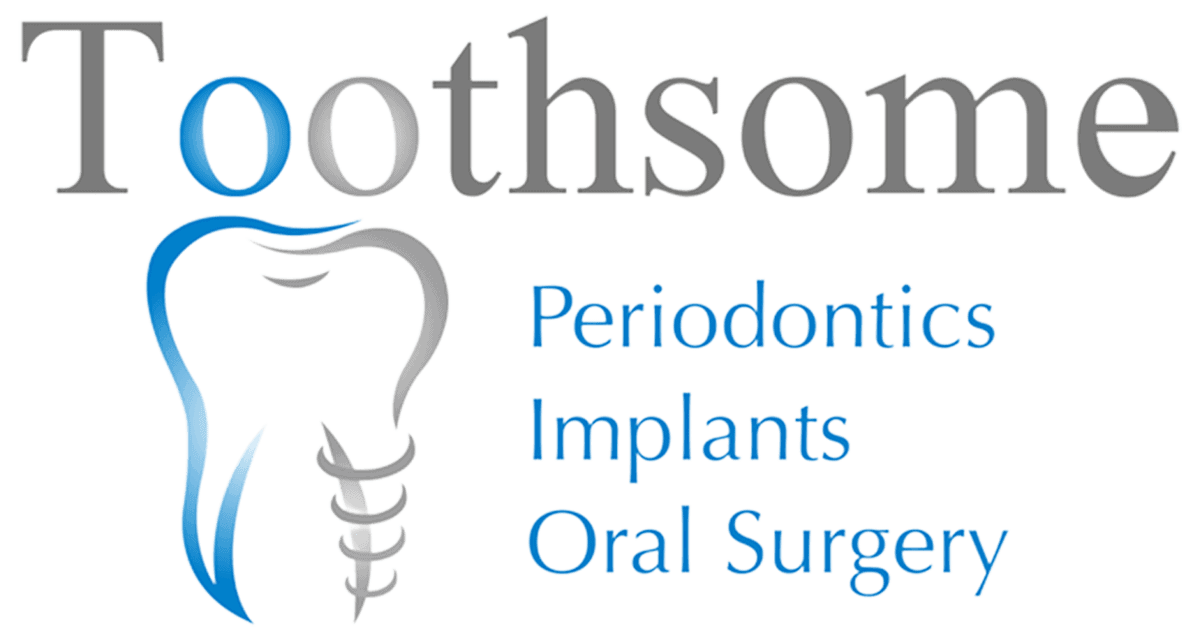
Each year, millions of people undergo wisdom teeth removal surgery. While some individuals don’t possess wisdom teeth, those who do typically see them emerge in their teenage or early adult years. Though having wisdom teeth is common, they often cause several oral health issues due to overcrowding in the jaw. That’s why many patients will undergo wisdom teeth surgery to have them removed.
If you require wisdom teeth surgery, here’s what you can expect from the procedure.
What Are Wisdom Teeth?
Wisdom teeth are third molar teeth (used for chewing and grinding) located at the back of the mouth and the last of your adult teeth to come in. They’re called “wisdom teeth” because they typically erupt later in life, in your late teens or early twenties.
Most people will have four wisdom teeth, two on the upper arch and two on the lower, for a total of 32 teeth. While some people will never develop any wisdom teeth, and others may only develop some, those whose wisdom teeth do come in commonly need wisdom teeth removal surgery due to impaction and stress on adjacent teeth.
When You Need Wisdom Teeth Removal?
Before getting your wisdom teeth removed, your dentist assesses whether you need wisdom teeth removal surgery. However, there are many signs and symptoms you may experience that could indicate you need them removed.
- Impacted Wisdom Teeth
One of the most common reasons for wisdom teeth removal is impacted wisdom teeth. This is when one or more wisdom teeth get stuck below your gums and grow at a problematic angle, leading to other complications. When this happens, you may experience swollen or tender gums and bleeding; discomfort, stiffness, or swelling in your jaw that makes it difficult to open your mouth; or bad breath.
In some cases, impacted wisdom teeth may not cause any symptoms, but your dentist may still recommend wisdom teeth removal upon examining your teeth to prevent future issues.
- Improper Wisdom Teeth Growth
Another common reason for wisdom teeth surgery is incorrect growth in which your wisdom teeth overcrowd and take up too much space. This can cause other teeth to shift and jeopardise previous teeth straightening.
- Other Signs It’s Time For Wisdom Teeth Surgery
In addition to impacted wisdom teeth or crowding, there are other signs you may need wisdom teeth removal.
Cysts forming around your teeth and gums, abnormal-looking tissue, bone loss, sinus pain, infection, and cavities can signify that one or more of your wisdom teeth need to be extracted. If you are experiencing general discomfort, difficulty eating, or are struggling to keep them clean, it’s time to see your dentist.
How Wisdom Teeth Surgery is Performed?
 Before your wisdom teeth are removed, your dentist provides an in-depth consultation and takes X-rays to thoroughly examine your bite and assess whether your wisdom teeth will erupt and how they will affect your surrounding teeth. If they determine you are experiencing impaction or are likely to have impacted teeth or other issues, they will recommend wisdom teeth surgery.
Before your wisdom teeth are removed, your dentist provides an in-depth consultation and takes X-rays to thoroughly examine your bite and assess whether your wisdom teeth will erupt and how they will affect your surrounding teeth. If they determine you are experiencing impaction or are likely to have impacted teeth or other issues, they will recommend wisdom teeth surgery.
You will leave your consultation with a treatment plan, instructions on preparing for your surgery, and a scheduled appointment for your procedure. Typically, you’ll want to take off at least two days from work, school, or other commitments for the surgery.
- Simple Wisdom Tooth Removal
A simple wisdom tooth removal is recommended for non-impacted wisdom teeth that have emerged through the gumline. You may need a simple wisdom tooth surgery if you experience interdental decay due to difficulty cleaning, or the wisdom tooth is pushing your front teeth out of alignment.
A simple wisdom tooth removal is performed with local anaesthetic in the dentist’s chair and can take as little as 10 minutes to complete.
Your dentist uses a dental elevator to loosen the tooth from the socket, then forceps to grip and remove the tooth. You may feel some pressure during the procedure.
The socket will be packed with gauze, and your dentist may ask you to bite down on the gauze for up to 30 minutes after the procedure to help the blood clot form. No stitches are required.
- Complex Wisdom Tooth Removal
Before your surgery is performed, you will be given a local anaesthetic to numb the affected area where they will extract the tooth or teeth. If you experience acute anxiety, you may be given twilight sedation to make the process more comfortable for you.
We also have admitting rights to several private hospitals in the Sydney area, if you require general anaesthesia for your surgery.
On the day of your wisdom teeth removal, your dentist carefully makes an incision in your gums and bone tissue to expose your wisdom teeth. They may remove the whole tooth or cut it into smaller sections for easier removal.
You may feel some pressure as they widen the tooth socket to remove the tooth. Once the wisdom teeth have been removed, your dentist will use dissolvable stitches on the surgical sites to suture the gums.
After Wisdom Teeth Surgery
Immediately following your surgery, you may feel lingering numbness or tingling from the anaesthetic. Your dentist may also ask you to use gauze and apply pressure to the empty tooth socket to enable a blood clot to form to ensure proper healing.
For the first 24 hours after your procedure, you should refrain from rinsing your mouth, drinking hot liquids, drinking alcohol, smoking, and avoid strenuous physical activity.
Recovery can take up to two weeks. You may experience a swollen mouth and cheeks during the first few days, bruising on the affected cheeks, a sore, stiff jaw, and general discomfort. To manage your discomfort, you should take over-the-counter medications and apply an ice pack to the side of your face. You should also use an extra pillow to elevate your head when resting.
After a full 24 hours have passed, you may gently rinse the extraction site with antiseptic mouthwash or a salt water rinse and repeat as needed to help reduce inflammation.
If you experience any signs of infection, such as pus, persistent bleeding, or lingering discomfort, immediately contact your dentist.
Arrange a Consultation
If you are concerned about your wisdom teeth or have questions about wisdom teeth removal, book an initial consultation with Toothsome Periodontics, Implants & Oral Surgery today.
- Sydney CBD on (02) 9159 3728
- Baulkham Hills on (02) 9158 6637
- Chatswood on (02) 8203 8786
Note: Any surgical or invasive procedure carries risks. Before proceeding, you should seek a second opinion from an appropriately qualified health practitioner.


